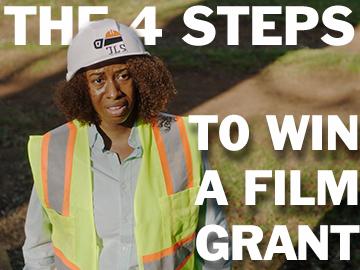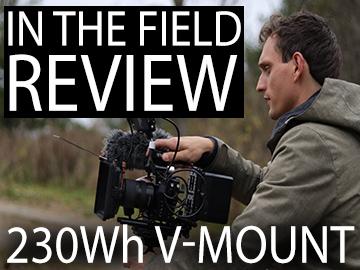In my life I have been the proud recipient of two very competitive grants. In college I won a grant for $5000 each year that I could apply to any aspect of my education (tution, books, rent, food, etc.) This was an exciting feat! Of course this funding was not intended for the production of a film, but the process prepared me for the next largest grant I’ve received thus far.
In fall of 2020, despite all of the craziness we were all experiencing, I managed to win another grant. This time it was for $30,000 towards the production of my short film. As I evaluate my past failures that ultimately led me towards success, I realize the FOUR most important aspects of applying for a grant to fund your film.

1. RESEARCH
So with any application you complete, details are EVERYTHING. Make sure you are aware of all public information that exists with regard to the grant you are applying for. Grantors are business people. They want to help you, but they also need help themselves. They need promotions. They need visibility. They need public recognition. These things allow them to have the funds necessary to give to you.
Your job is to study them and find out what it is that they’re looking for. Do they have a certain genre they prefer? A style or voice that catches their eye more often than others? And what is their intended end goal (distribution/film festivals) for aiding the production of the films they fund? I’m definitely not suggesting that you artificially alter your story to fit it into their wheelhouse. I am suggesting, though, that you be aware of your audience.
If the grantors specialize in social justice dramas about coming of age stories in at-risk communities, then they probably won’t be interested in funding your buddy romp about two guys training to become hairdressers. Et cetera.
2. PRECISION
Now that you’re sure that your project is in the grant company’s wheelhouse, the next step is preparing your materials. You need to go over and beyond to ensure that you’re expressing your vision with the ultimate level of scrutiny. That script is key. Let me say it again… that script is key. Even if your idea is the coolest most original thing you’ve ever heard of in your life, you still have to make sure the script communicates the emotions, aesthetics, and story that’s circling around in your brain.
Get feedback until you’re sick of getting feedback. Ask your friends. Ask your family. Pay someone to read your work. Then pay somebody else to read your work. Then pay another person to read your work. Believe me, your script is not as good as you think it is. Not yet, at least. But with hard work and a gazillion rewrites, it will be.
If the grantors allow you to submit additional materials… then do that. Write the most heartfelt cover letter you can come up with about why this story is important to you and why you are the perfect person to tell it. Write out a detailed, workable budget. Create a lookbook, or hire someone to make one for you. *A look book is a visual representation of your tone, your characters, and your story*. The tighter your submission packet is, the more confident grantors will be that their money is in good hands.

3. TRUTH
So “write what you know” blah, blah, blah. The most cliché writing advice you’ll find. What I’ll say is also nice and cliche, but I think it’s more applicable. I believe that you should write how you’ve felt. Even if your character is a blue man who lives at the center of the earth, if he’s feeling lonely and disconnected from others and you’re drawing this emotion from the way you’ve felt or are feeling, then your story will bear truth.
The deeper you dig into the ugly, embarrassing parts of your own personal experiences the more that feeling will be conveyed by your screenplay. People will feel something. And that’s the whole point. Cleverness and ingenuity will only get you so far if your readers don’t feel anything. Put them in the moment. Concisely build the world of your character so that they seem real and their problems seem insurmountable. Then equip them with the tools necessary to surmount them.
Another key element of TRUTH is that you know exactly what you’re commenting on in and what you’re trying to say [this is delved into deeper with a previous blog - https://www.proamusa.com/blogs/creative-filmmakers-blog/the-most-important-thing-to-do-when-making-a-film ].

4. DILIGENCE
Keep applying! Even if you get 15 rejection letters… keep applying. Of course, learn from each rejection and do your best to improve, but keep applying! The third time was the charm with my most recent win. I cried in my work truck after reading feedback from my second submission. Then I swore I would never submit to that competition, again. But being the stubborn person that I am… I couldn’t give in to defeat.
I researched like crazy, submitted every type of material I could think of (even a trailer I directed with a $200 budget), and I put my actual uncomfortable experiences and inner dialogues into my story. The effect was larger scale emotional resonation that created the necessary empathy for my character required for me to win the grant.
Trust & believe, I haven’t done anything that anyone else can’t do. So if you’re really serious about making your project, just remember… RESEARCH, PRECISION, TRUTH, & DILIGENCE.

Guest Post by Destiny Macon
Hush Girl Productions
Winner of the 2020 IndieGrant
photos: courtesy of Destiny Macon


